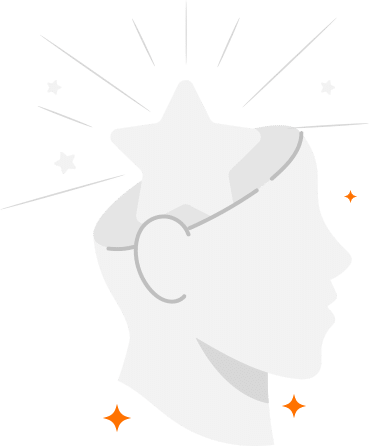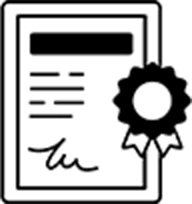

With real-time results and ICF-accredited coaching, our executive coaching services and leadership development coaching support business leaders, including C-suite executives, startup founders, and MSME promoters, in establishing and attaining their professional objectives. This empowers them to realize their full potential and fosters sustainable growth.
By implementing a personalised program, we speed up transformative growth for executives. Our comprehensive methodology incorporates a range of evaluation instruments, tracks advancement at each stage, and establishes objectives and goals that align with your vocational and personal ambitions.
My holistic approach as an ICF and EMCC-certified professional uses various certified assessment tools, measuring your progress at every stage and assisting you in reaching your professional and personal aspirations.
With over 200 individuals and entities mentored and coached, I have inspired executive teams to navigate uncertainty by focusing on:
Digital transformation, operations, and strategy
Enhance leadership capabilities
Refine business strategies
Overcome intricate challenges
Business
Owners
Startups
Multinational
Companies
Note: This process is designed to be flexible and adaptable to meet each client’s unique needs and goals. ICF-certified coaches receive training on adhering to these standards to ensure their coaching is effective, professional, and ethical.
With the support of a certified executive coach and a certified leadership coach, these comprehensive methods ensure that executive coaching services deliver lasting impact and measurable results.
Establishing these measurement criteria at the outset of the coaching engagement is important, as well as ensuring a clear agreement on measuring success. Regular check-ins and a final review can ensure that the coaching is on track to meet the desired outcomes.
Exchange pleasantries and create a conducive atmosphere that encourages candid dialogue.
Details about the coaching procedure, encompassing the format, structure, and time allotment of coaching sessions. In addition, confidentiality, fees, scheduling, and other logistical aspects may be deliberated.
I will discuss your aspirations, objectives, and desired results regarding coaching. This may entail a dialogue regarding your areas of proficiency, obstacles, principles, and ambitions.
I may administer an initial assessment or evaluation to comprehensively comprehend your strengths, personality traits, leadership style, and areas for improvement.
We should explicitly state expectations, roles, and responsibilities to promote alignment and mutual comprehension. This may entail examining my methodology, approach, and domains of expertise.
Establishing rapport is critical for developing a prosperous coaching relationship. Active listening, empathy, and sincere inquiry regarding your experiences and perspectives may be required.
Following the agreement reached after the discovery session, we may proceed with coaching. When both parties reach a consensus, they may delineate precise objectives, a course of action, and a schedule for subsequent coaching sessions.
Once an agreement is reached during the discovery session, both parties may define precise objectives, a course of action, and a schedule for subsequent coaching sessions. This foundation is essential for effective business leadership coaching and corporate leadership coaching services.



I will support you on your path to cultivating emotional maturity and a deeper understanding of how you are preparing for a

Coaches can help bring perspective to your unique journey with effective feedback and charted avenues for growth. Unleashing your full potential needs one to step back and evaluate long-term goals and aspirations.
Coaches can help bring perspective to your unique journey with effective feedback and charted avenues for growth. Unleashing your full potential needs one to step back and evaluate long-term goals and aspirations.
Coaches can help bring perspective to your unique journey with effective feedback and charted avenues for growth. Unleashing your full potential needs one to step back and evaluate long-term goals and aspirations.
Coaches can help bring perspective to your unique journey with effective feedback and charted avenues for growth. Unleashing your full potential needs one to step back and evaluate long-term goals and aspirations.
Please fill the form and we'll get back to you asap!